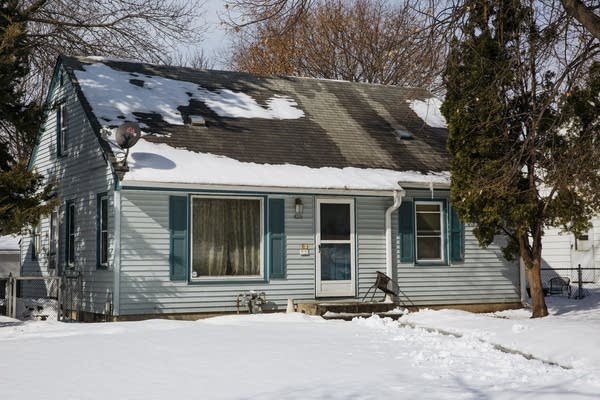Could pilot program have helped in south Mpls. abuse case?

The house where Jerry Lee Curry and Shelia Machelle Wilson lived with their family sits on 17th Ave. S. in south Minneapolis on Tuesday, Feb. 27, 2018.
Evan Frost | MPR News
Go Deeper.
Create an account or log in to save stories.
Like this?
Thanks for liking this story! We have added it to a list of your favorite stories.


